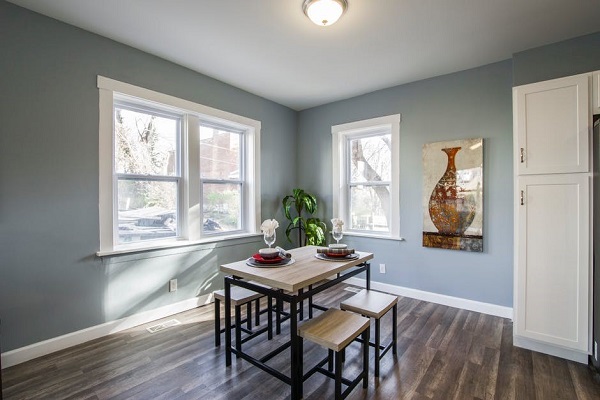Are you looking to improve the curb appeal of your home? Do you have a basement that needs windows that provide ventilation, light, and improved aesthetics? If so, then consider installing basement windows to see their benefits.
There are many types of basement windows on the market, but it can be difficult to determine which one will suit your home. Fortunately, you’ve come to the right place for help. This guide will show you the main types and help you decide the right one for your home.
Read on to discover more.
Awning Windows
Hinged at the top, these windows open outward to create an awning-like effect. They’re perfect for letting in fresh air even during light rain, thanks to their design that keeps water from entering. These windows are great for smaller spaces and can be easily placed higher on the wall, ensuring privacy and adequate ventilation.
Slider Windows
Operating horizontally, these windows have one fixed pane and another that slides open. They’re straightforward to use and can be a great choice if your basement space is near walkways or decks. Slider windows are good for letting in a decent amount of light and air, making it one of the best basement windows.
Hopper Windows
Hopper windows are the reverse thinkers – open from the top and tilt inward. This design is handy for ventilation while maintaining security, as the open window acts as a barrier against unwanted entry. Hopper windows are commonly seen in basements and can be installed above ground level, adding an extra layer of privacy.

Casement Windows
Casement windows are the side-swinging champs. They’re hinged on the side and open outward, allowing maximum ventilation and unobstructed views. These windows are particularly great if you have larger window openings.
Plus, they’re excellent for emergency egress, meeting safety requirements, and allowing easy exit in case of emergencies.
Fixed-Pane Windows
As the name suggests, fixed-pane windows don’t open or close. They’re there to let in light and offer a view without the hassle of operation. While they don’t provide ventilation, they’re excellent for areas where airflow isn’t a priority.
Also when designing a basement, you can pair fixed-pane windows with other types to strike a balance between light, view, and functionality.
Glass Block Windows
These windows are made from thick, translucent glass blocks that provide both privacy and light diffusion. They’re a unique addition to any basement, offering a sense of separation while allowing natural light to filter through. Their sturdy nature also adds an extra layer of security to your space.
In some cases, you might encounter issues like condensation, drafts, or even window glass repair needs. If you find yourself in such a situation, it’s crucial to address it promptly to avoid further complications.
A Closer Look at the Various Types of Basement Windows
Now that you’re more informed about the main types of basement windows, you can decide based on your specific needs and preferences. By selecting the right windows, you’ll improve your basement’s functionality and add value to your home in more ways than one.
So, choose the windows that suit your style and make the most of your basement space!




